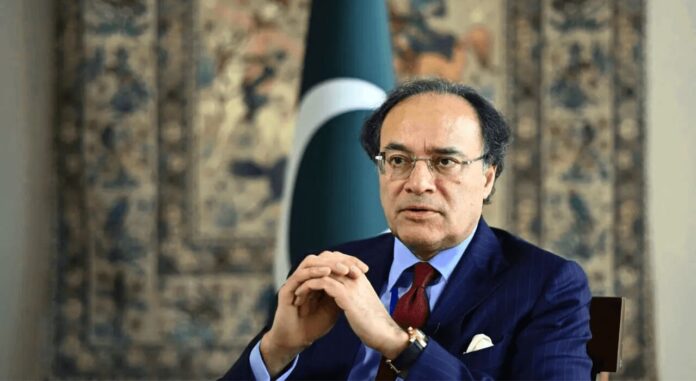Pakistan is positioning itself as a key supplier of skilled labour to Saudi Arabia, aligning with the Kingdom’s ambitious Vision 2030 development plan. Finance Minister Muhammad Aurangzeb, speaking at the Emerging Market Economies Conference in AlUla, underscored the vast potential for Pakistani workers to contribute to Saudi Arabia’s transformation, particularly in sectors beyond traditional labour exports.
The minister highlighted that as Saudi Arabia undertakes massive economic diversification—reducing its reliance on oil and expanding sectors such as healthcare, education, infrastructure, tourism, and recreation—there is a growing need for skilled workers. “There are a number of opportunities for the two countries to work together,” Aurangzeb stated, emphasising that Pakistan is well-positioned to fill this demand.
Saudi Arabia’s Vision 2030, launched by Crown Prince Mohammed bin Salman, aims to modernise the Kingdom by boosting private sector growth, investing in large-scale infrastructure projects, and creating millions of new jobs in emerging industries. This shift requires a highly trained workforce, a challenge Saudi Arabia has sought to address by tapping into international labour markets.
Currently, over two million Pakistanis are employed in Saudi Arabia, making the Kingdom one of Pakistan’s largest sources of remittances. However, the majority of these workers are engaged in blue-collar jobs in construction, domestic work, and low-skilled sectors. With Saudi Arabia moving toward a knowledge-based economy, the demand for skilled professionals, including engineers, IT specialists, healthcare workers, and technicians, is set to rise significantly.
Recognising this opportunity, Pakistan’s Education and Professional Training Ministry has been developing a new education policy aimed at training at least one million young Pakistanis annually with technical skills tailored for employment in Gulf countries, particularly Saudi Arabia. The goal is to equip workers with modern, industry-relevant expertise that aligns with the changing needs of the Saudi job market.
In addition to domestic training initiatives, Pakistan has also received support from the Saudi Fund for Development (SFD), which has proposed a partnership with the Pakistani government to enhance workforce readiness. According to Prime Minister Shehbaz Sharif’s office, the SFD’s initiative seeks to provide specialised vocational and technical training to ensure Pakistani workers meet Saudi employment standards.
As both nations deepen their economic cooperation, the prospect of skilled labour exports could serve as a major boost for Pakistan’s struggling economy, increasing remittance inflows while helping Saudi Arabia bridge its labour gap in critical sectors. The development also reflects Pakistan’s strategic efforts to diversify its workforce exports, moving beyond traditional labour migration patterns toward higher-value employment opportunities in the global job market.




